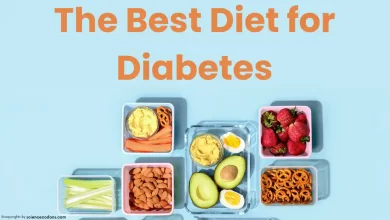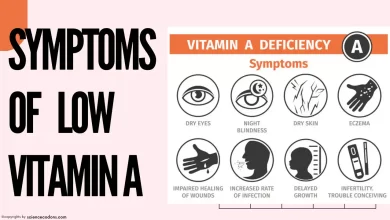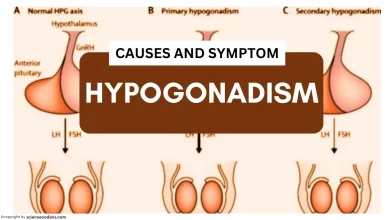
The health of young people plays a pivotal role in the overall progress and prosperity of a nation. When our youth are healthy, they contribute significantly to the growth of society in various dimensions. One critical factor for maintaining a healthy lifestyle is proper nutrition. By adhering to three fundamental principles—balance, variety, and proportion—we can promote well-being among young individuals.
- Balance means consuming adequate amounts of nutrients necessary for maintaining bodily health.
- Variety involves consuming different types of food from the main food groups.
- Proportion means that each individual should receive various food groups based on age, gender, and physical conditions.
A healthy diet not only provides the necessary calories and nutrients but also prevents inappropriate weight gain or loss and a wide range of physical and mental health disorders related to nutrition. Young people, being active and often stressed individuals, are no exception to this rule. They have unique physical and mental needs, which require a specific dietary pattern.
Here are 14 steps to improve the dietary patterns of young people:
- Consume whole-grain bread such as bran bread and oat bread, brown rice, and fiber-enriched pasta.
- Include legumes (beans, lentils, etc.) in your diet 3-2 times weekly.
- Eat at least 2 servings of fresh seasonal fruits daily.
- Increase vegetable consumption by having salads, cooked vegetables, or greens with every meal.
- Reduce red meat consumption and increase intake of white meats.
- Consume seafood like fish and shrimp at least twice a week.
- Have meals at fixed and specific times.
- Ensure a complete breakfast including bran bread, protein sources like cheese and eggs, and various fresh vegetables.
- Limit fast food, processed meats (such as sausages and cold cuts), and canned foods.
- Avoid consuming carbonated drinks, energy drinks, caffeinated beverages, and sugary fruit juices regularly.
- Take a monthly vitamin D supplement (50,000 IU) to prevent deficiency.
- Engage in physical activity at least 5 days a week.
- Reduce sugar, sweets, and cream-based desserts.
- Maintain a healthy weight within the normal BMI range and seek weight reduction or gain (if necessary) under the guidance of nutrition experts












